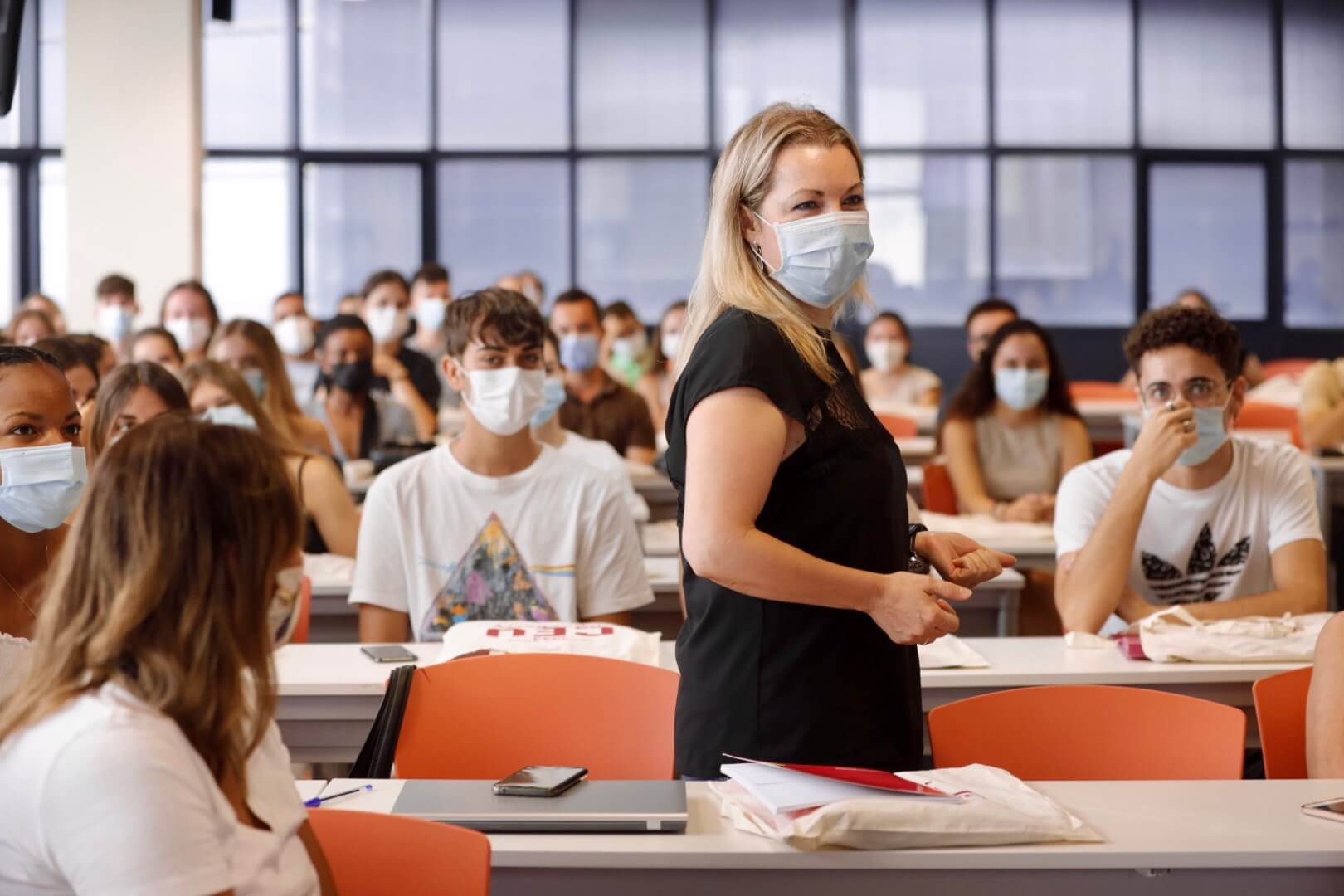
CEU Universities, pioneers in showrunners education
11 January, 2022
Neuromarketing: learn how consumers’ minds work
4 February, 2022On the occasion of the Day against Depression, psychologist and professor of Universidad CEU Cardenal Herrera, Raquel Carcelén*, analyses in this article some specific aspects of the disease when it affects youngsters.
The amount of cases has increased after the pandemic, which is not a surprise.
As per the diagnosis of depression, there should be at least five symptoms of the following during a period of more than 15 days and among these five, one of the following list should be among the first:
- Depressed mood or sadness most part of the day, nearly every day.
- Loss of interest in activities which were of interest before or not enjoying those activities as before or isolating;
- Changes in sleep both insomnia or sleeping too much;
- Changes in food habits both loss or increase of appetite;
- Anxiety or on the contrary, slow movement;
- Fatigue, permanent tiredness;
- Feeling useless, guilty, and loss of self-confidence;
- Problems to concentrate;
- Thinking about dying. “Not only fear to die but having a plan” clarifies Raquel. “Kids can express it indirectly like “wanting to disappear”
There is no unique sign defining depression in an unequivocal manner so therefore it is important to look out for changes in behaviour; of course youngsters evolve and change due to their own maturity process but we have to be careful in case of changes in behaviour in weeks and sustained throughout time.
Far beyond the diagnosis and eventual treatment has to be defined by a professional.
The importance of identifying depression on time
Depression can become chronical and that is the reason of the importance of identifying and treating it on time. The treatment chosen for mild depressions in teenagers is psychotherapy as cognitive-behavioural treatments and interpersonal therapies have had good results and can show improvements within 8 to 12 weeks.
According to the expert, pharmacological treatments are normally recommended in more serious cases but of course these cases have to be assessed by mental health experts. In any case it is always advised to combine pharmacological treatment and psychotherapy as it achieves better results.
Some important guidelines to care for our youngsters
- Do not tag those who are suffering a depression.
- Do not only observe their conduct: as well as observing it is important to help them regulate their emotions.
- Do not invalidate their emotions (“don’t be sad!”). Never tell them how to feel.
- Help them observe themselves. They may not know that they are depressed despite they are asked directly so we have to help them express what they are feeling; “I see you are sad, do you want to talk about it?” “I have realised that you no longer play XXXX, and you used to love it…is something wrong?”
- If necessary tell our concerns to professionals of our university following the protocols defined.







